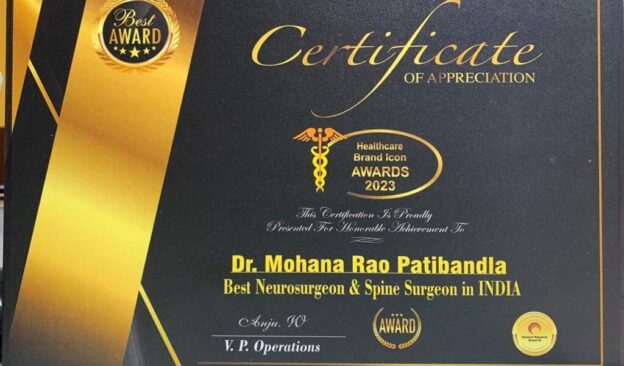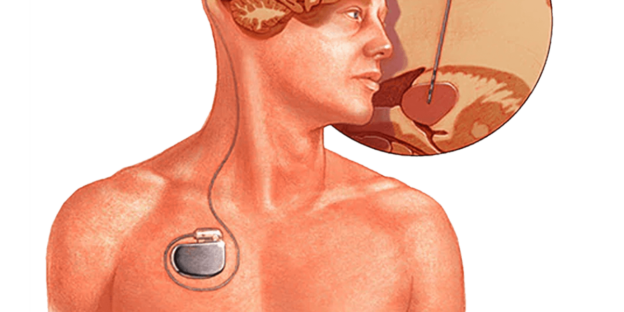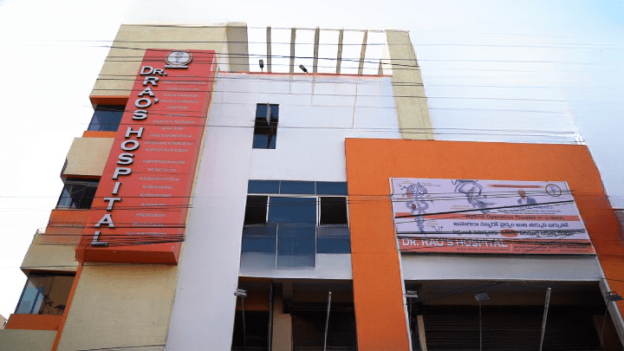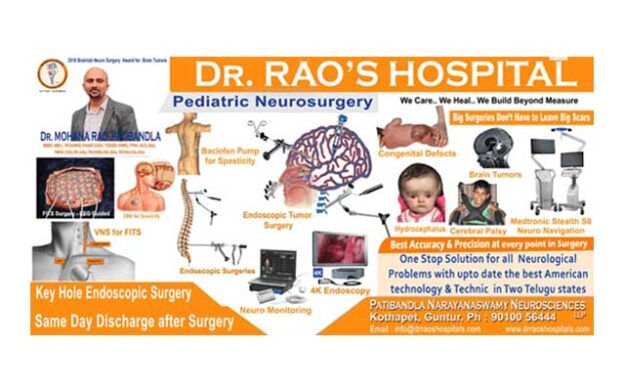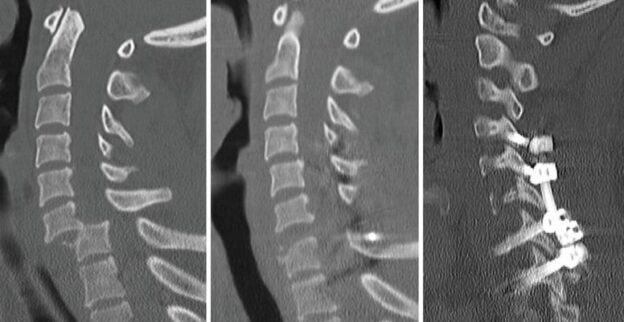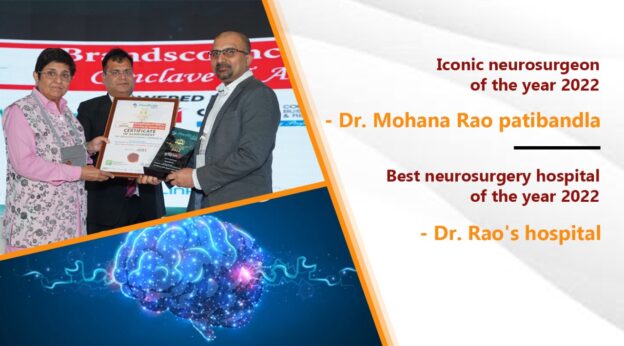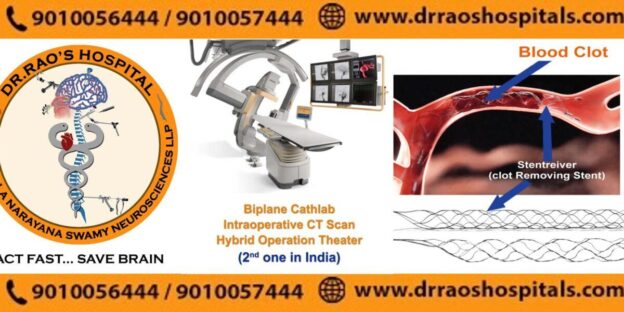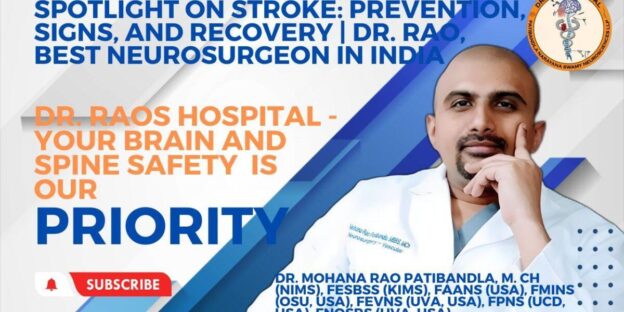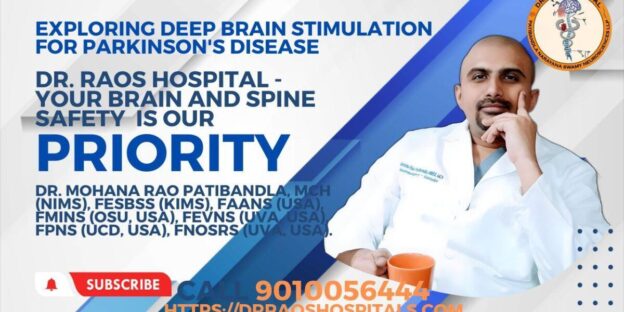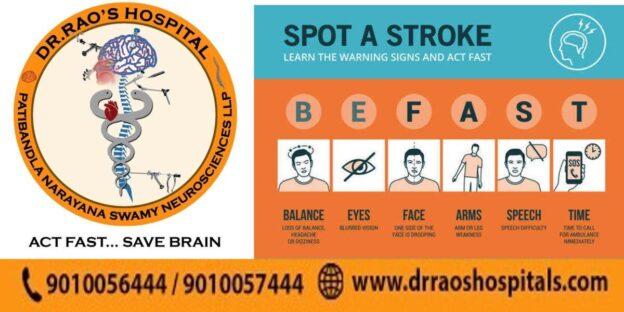Exploring Neurological Conditions in Women: Gender-Specific Considerations
Introduction :
Neurological conditions can affect individuals of all genders, but it is essential to recognize that women may experience certain neurological conditions differently due to biological, hormonal, and social factors. In this blog, we will delve into the topic of neurological conditions in women, exploring gender-specific considerations and highlighting the expertise of Dr. Rao, the best neurosurgeon in India, and the exceptional care provided at Dr. Rao’s Hospital, known as the leading neurosurgery center in the country. By understanding the unique aspects of neurological conditions in women, we can better address their specific needs and provide tailored care for optimal outcomes.
Gender Differences in Neurological Conditions:
Neurological conditions such as migraines, multiple sclerosis, epilepsy, and stroke can present differently in women compared to men. We will explore the gender differences in the prevalence, symptoms, and progression of these conditions, shedding light on the underlying biological and hormonal factors that contribute to these variations.
Hormonal Influences on Neurological Health :
Hormonal fluctuations throughout a woman’s life, including puberty, menstruation, pregnancy, and menopause, can impact her neurological health. We will discuss the influence of hormones on conditions such as migraines, mood disorders, and movement disorders, emphasizing the need for specialized care that takes these hormonal factors into account.
Pregnancy-Related Neurological Conditions :
Pregnancy can bring about unique neurological considerations for women. We will explore conditions such as gestational headaches, preeclampsia, and pregnancy-related stroke, discussing the importance of early detection, monitoring, and appropriate management to ensure the well-being of both the mother and the baby.
Neurological Conditions and Menopause :
Menopause is a transitional phase in a woman’s life that can have implications for neurological health. We will delve into the potential impact of hormonal changes during menopause on conditions such as migraines, cognitive decline, and mood disorders. Additionally, we will explore the role of hormone replacement therapy and other interventions in managing these conditions.
Social and cultural factors:
Apart from biological and hormonal factors, social and cultural aspects can influence the experience and management of neurological conditions in women. We will discuss how societal norms, gender roles, access to healthcare, and cultural beliefs can impact diagnosis, treatment, and support for women with neurological conditions. Recognizing these factors is essential for providing culturally sensitive and patient-centered care.
Women-Centered Approach to Diagnosis and Treatment :
Dr. Rao’s Hospital takes pride in offering a woman-centered approach to diagnosing and treating neurological conditions. Under Dr. Rao’s direction, the hospital’s team is aware of how critical it is to address women’s particular needs and issues. Dr. Rao ensures that women receive the most effective and personalized care through specialized assessments, diagnostic tools, and treatment options tailored to women’s health.
Empowering Women’s Neurological Health
Dr. Rao’s Hospital promotes the empowerment of women in managing their neurological health. The hospital offers educational programs, support groups, and resources to help women understand their conditions, make informed decisions, and actively participate in their treatment plans. By fostering a collaborative and empowering environment, Dr. Rao’s Hospital supports women in taking control of their neurological well-being.
Research and Advancements :
Dr. Rao’s Hospital is committed to advancing knowledge in the field of neurology and women’s health. The hospital actively participates in research studies and clinical trials focused on neurological conditions in women, contributing to the development of evidence-based practices and innovative treatments. By staying at the forefront of research, Dr. Rao’s Hospital ensures patients receive the most advanced and cutting-edge care.
Psychological and emotional well-being:
Neurological conditions can significantly impact a woman’s psychological and emotional well-being. We will explore the psychological aspects of conditions such as chronic pain, mood disorders, and cognitive impairment, highlighting the importance of addressing mental health concerns in conjunction with neurological treatment. Dr. Rao’s Hospital adopts a holistic approach that considers patients’ emotional well-being, offering counseling services, support groups, and therapies to promote psychological resilience and improve overall quality of life.
Preventive Measures and Lifestyle Considerations
Prevention plays a crucial role in promoting neurological health in women. We will discuss lifestyle factors such as diet, exercise, stress management, and sleep hygiene that can contribute to better neurological outcomes. Dr. Rao’s Hospital emphasizes the importance of preventive measures and educates women on adopting healthy habits to reduce the risk of developing neurological conditions and improve overall well-being. As reported by ahmedabadmirror
Conclusion
Neurological conditions in women require a specialized and comprehensive approach to diagnosis, treatment, and management. The best neurosurgeon in India, Dr. Rao, heads Dr. Rao’s Hospital, which is aware of the particular considerations and difficulties faced by women with neurological conditions. By understanding the gender-specific aspects, hormonal influences, and social factors that impact women’s neurological health, Dr. Rao’s Hospital provides tailored care and personalized treatment options. Dr. Rao’s Hospital aims to empower women to take charge of their neurological health and lead fulfilling lives through research, innovation, and a commitment to holistic well-being. If you or a loved one is experiencing a neurological condition, Dr. Rao’s Hospital is dedicated to providing compassionate, expert care to support your journey towards optimal neurological health. According to The Times of India coverage.
Dr. Rao’s Contact Information:
- Phone: 9010056444, 9010057444
- Email: info@drraoshospitals.com
- Address: Old Bank St, GV Thota, beside AK Biryani Point, Guntur, Andhra Pradesh 522001
- Website: Dr. Rao’s Hospital
Hashtags: #NeurologicalConditionsInWomen #GenderSpecificConsiderations #Neurology #DrRao #DrRaosHospital #BestNeurosurgeon #Neurosurgery #India #WomenHealth #HormonalInfluences #PsychologicalWellbeing #Prevention #EmpoweringWomen #ResearchAndAdvancements

